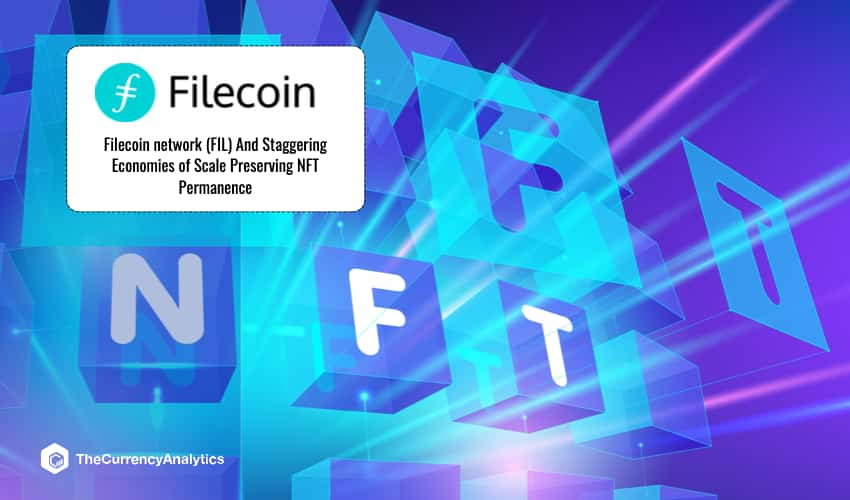
Economies of Scale refers to a proportionate saving in costs gained by an increased level of production. In other words, it is the cost advantage experienced by a firm when it increases its level of output. The benefit arises due to the inverse relationship between the per-unit fixed cost and the quantity produced.
The Filecoin network is achieving staggering economies of scale by permitting anyone to participate as a storage provider to further monetize their open hard drive space. The Filecoin network is designed to reward participants at multiple levels ranging from large-scale data centers to local entrepreneurs with mining rigs covering the last mile.
Hardware is converted to money in a few commands. For example, miners combine disks and other hardware to win storage deals, store data and earn Filecoin.
Filecoin has reduced the barriers to entry for storage providers, and they have now turned cloud storage into a commodity. This makes it easy for new entrants to compete with entrenched players easily. And, it’s all done on a transparent, global marketplace.
Recently, there was a discussion about NFT permanence and why choosing a decentralized and permanent storage solution is essential to prevent rug pulls and protect cultural NFT data long term.
NFTs have permanent information and data which is stored within the token. This information can include a message, image, music, signature, or any other piece of data.
IPFS and Filecoin have addressed the rug-pull issue through content-based addressing. The content is retrieved from the network of nodes on IPFS, which collectively uphold and maintain a decentralized content record.
Today, several web-based solutions use location-based addressing that retrieves online information from specific locations on the web, like URLs. However, a content-based addressing solution provides better security for data than URLs, as URLs can be changed or hacked.
IPFS and Filecoin provide free storage solutions like nft. Storage, where individuals can store NFT data securely and resiliently.
Filecoin_io: Kyle Tut, “The way we often talk about this is, ‘Is DaVinci responsible for maintaining the Mona Lisa?’ and the answer to that is, ‘No.’ The Louvre Museum now takes care of the Mona Lisa and so when you start looking at NFTs that way, you actually have to define who is responsible for the NFT files or data after it’s minted.”
There are different use cases of NFTs beyond art like music, media, academic research, intellectual property, and even supply chains. With the boom in NFT usage, it is very important to maintain data related to the NFT.
Get the latest Crypto & Blockchain News in your inbox.